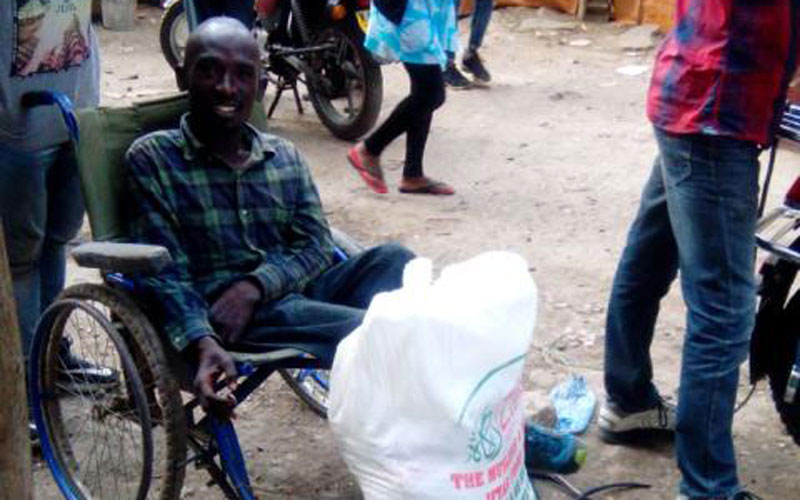×
The Standard e-Paper
Fearless, Trusted News

A man in a wheelchair is one of the faithful who received food at the Jamia Mosque, Nairobi. [Ishaq Jumbe, Standard]
It was widely expected that this Ramadhan, devoid of the Covid-19 restrictions, would be normal, only for tough economic times, coupled with a crippling drought, to get in the way.